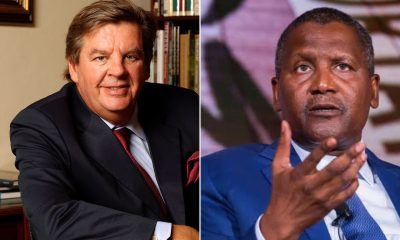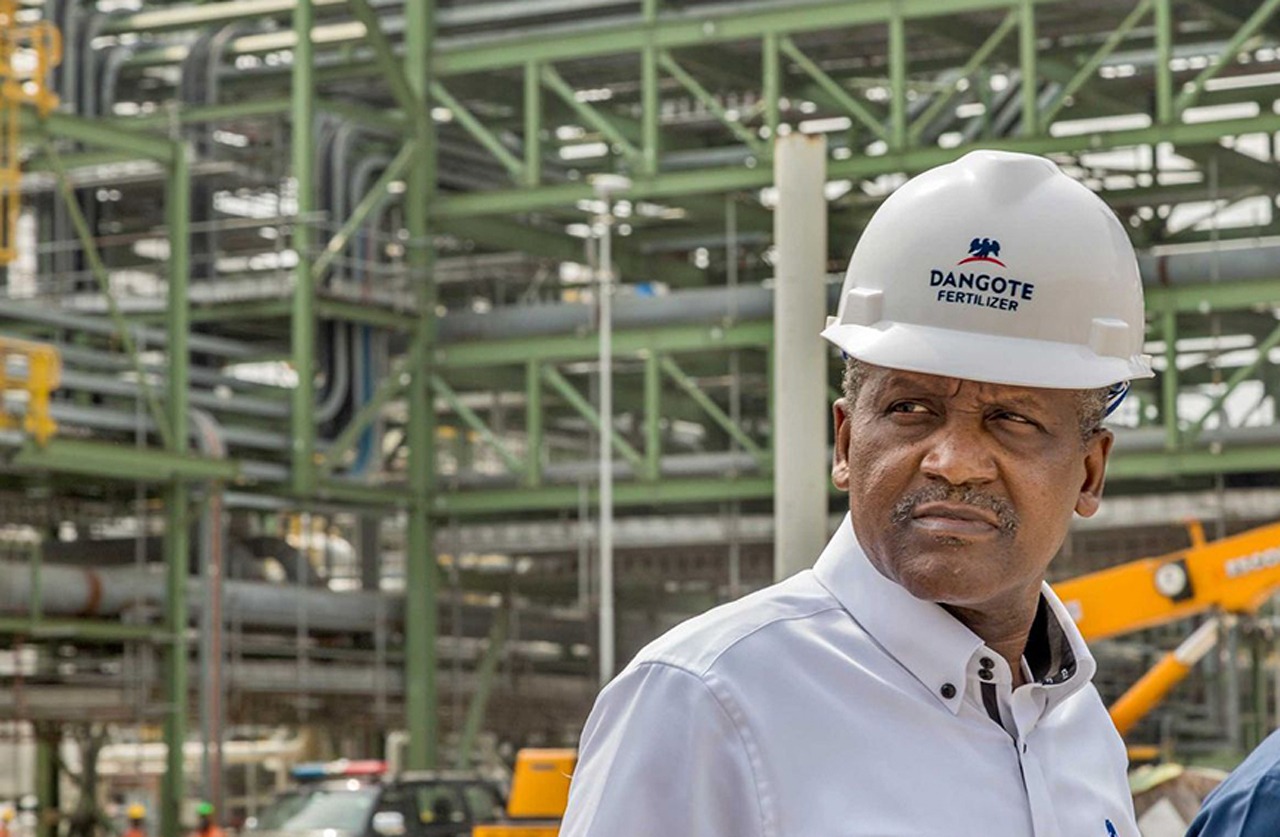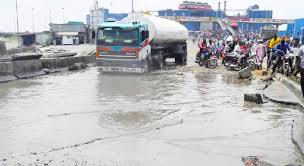The President of Dangote Group, Alhaji Aliko Dangote, has called on the Federal Government to fully eliminate fuel subsidies, stating that doing so would reveal the true level of petrol consumption in Nigeria.
He also confirmed the ownership of two upstream oil blocks, with production expected to commence next month. The business mogul, however, said he will likely not invest heavily in Nigeria’s upstream sector.
“Well, our upstream, you know, is not big. We have two oil blocks which we have and we are starting production this October,” Dangote added.
Dangote, during a 26-minute interview with Bloomberg Television, expressed that fuel production from his $20bn refinery in Lagos, which has the capacity to refine 650,000 barrels of crude oil daily, will help ease pressure on the naira.
The billionaire said, “Subsidy is a very sensitive issue. Once you are subsidising something, people will bloat the price, and the government will end up paying what they are not supposed to be paying. It is the right time to get rid of subsidies.”
He further explained that the refinery would expose Nigeria’s actual fuel consumption, which has been widely debated.
“Some say, it’s less. But right now, if you look at it by us producing, everything can be counted,” he said. “So everything can be accounted for, particularly for most of the trucks or ships that will come to load from us. We are going to put a tracker on them to be sure they are going to take the oil within Nigeria, and that, I think, can help the government save quite a lot of money. I think it is the right time, you know, to remove the subsidy.”
The businessman also noted how ending petrol imports would ease currency pressures, especially as petroleum products account for about 40% of Nigeria’s foreign exchange expenditure. Dangote noted that producing and selling fuel locally could help stabilise the naira, which has lost about 70% of its value against the dollar.
Dangote added, “The removal of subsidies is totally dependent on the government, not on us. We cannot change the price, but I think the government will have to give up something for something. So I think, at the end of the day, this subsidy will have to go.”
President Bola Tinubu initially removed the petrol subsidy in May 2023 but reinstated it after inflation spiked, sparking public protests. In September, the fuel price cap was eased, yet it remains below market levels.
On the refinery’s sales, Dangote revealed that his company started supplying gasoline to the Nigerian National Petroleum Company Limited (NNPCL) for domestic sale on September 15, explaining that NNPCL purchased the fuel at a lower cost than its imported stock.
“There wasn’t really a disagreement, per se,” he said, regarding a pricing dispute with NNPCL. “What they are supposed to do is to sell at a basket price, or if they want to remove the subsidy, they can announce that they will remove it, and everybody will adjust.”
He also added that there is an ongoing discussion with NNPCL regarding crude oil sales starting in October, noting that crude will be priced and sold in naira to help reduce currency pressures.
“We will sell the crude in naira after we have bought in naira. So now we are currently working out with the committee that the exchange rate is going to be priced. It is going to be normal pricing, you know, if crude is at $80, we will pay that price at an agreed exchange rate.
“And then we will also sell in the domestic market. What that will do is that it’s going to remove 40 per cent pressure on the naira. So because see, the petroleum products consume about 40 per cent of foreign exchange, so you know, and then, you know, it’s like you have 40 per cent of demand being taken out so that can actually stabilise the naira and even if they subsidise, they would know what they are paying for.
“The deal is to give the government something that they want. It’s also a win-win situation for all and it would benefit the country.
“Currently, discussions are still ongoing to determine the details of the agreement. They are working out something that I think would be a win-win between us and the NNPCL.
“The agreement is very robust. Well, first of all, we would have energy security where they will give us crude. For example, in October, they’re going to give us 12 million barrels, which is on average, about 390,000 barrels a day, which will sell both gasoline, diesel, and aviation fuel.”
Meanwhile, the Federal Government announced plans to allocate land for building a park for fuel tankers to prevent over 3,000 trucks from damaging newly constructed roads leading to the Dangote refinery. This was disclosed by the Minister of Works, Dave Umahi, after a Federal Executive Council meeting in Abuja.
The council also approved several major road projects, including the rehabilitation of roads in Katsina, Ebonyi, Abia, Imo, and Rivers states.


 Politics4 hours ago
Politics4 hours ago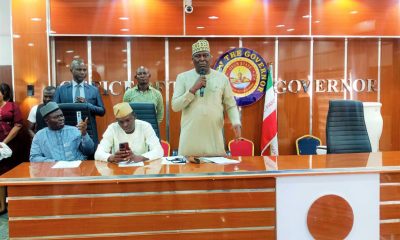
 Education15 hours ago
Education15 hours ago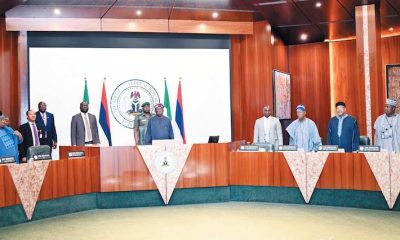
 National15 hours ago
National15 hours ago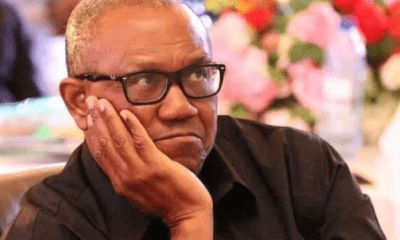
 Politics4 hours ago
Politics4 hours ago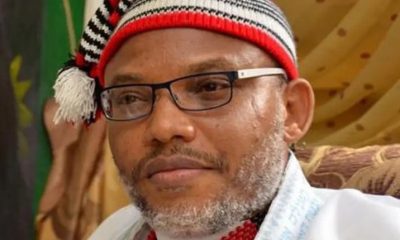
 News3 hours ago
News3 hours ago
 News3 hours ago
News3 hours ago
 Football3 hours ago
Football3 hours ago
 US4 hours ago
US4 hours ago
 News23 hours ago
News23 hours ago
 National4 hours ago
National4 hours ago


